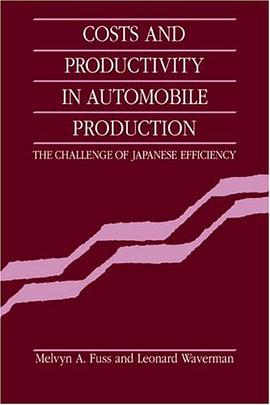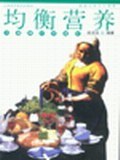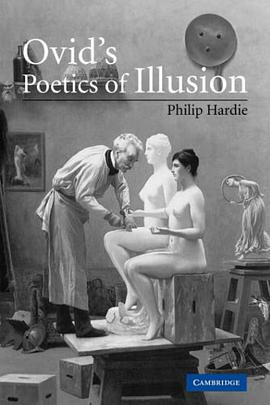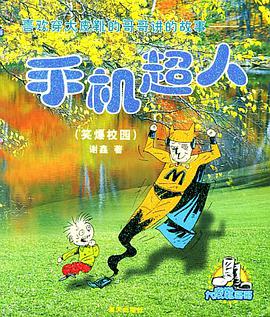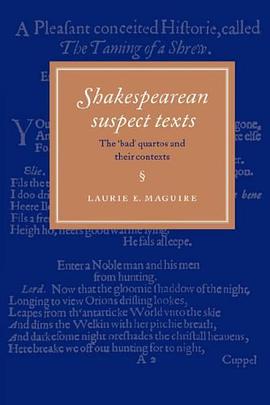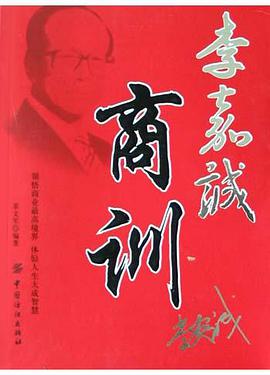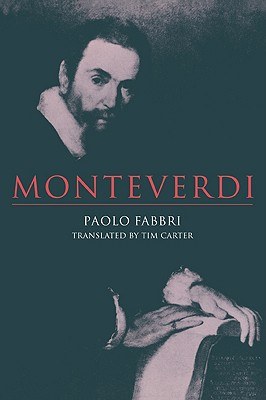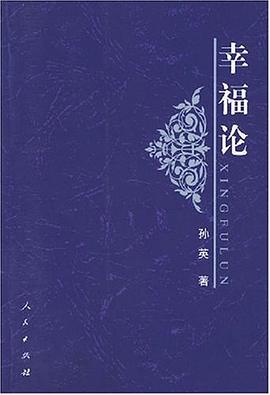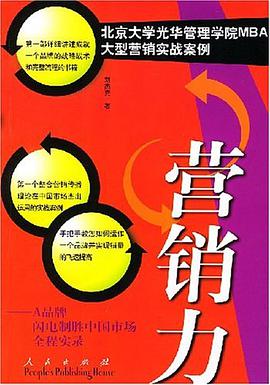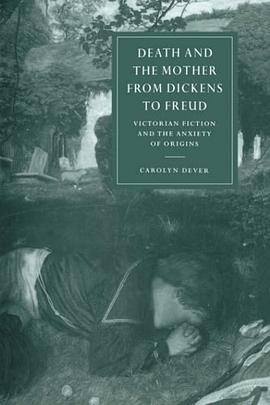

具体描述
The cultural ideal of motherhood in Victorian Britain seems to be undermined by Victorian novels, which almost always represent mothers as incapacitated, abandoning or dead. Carolyn Dever argues that the phenomenon of the dead or missing mother in Victorian narrative is central to the construction of the good mother as a cultural ideal. Maternal loss is the prerequisite for Victorian representations of domestic life, a fact which has especially complex implications for women. When Freud constructs psychoanalytical models of family, gender and desire, he too assumes that domesticity begins with the death of the mother. Analysing texts by Dickens, Collins, Eliot, Darwin and Woolf, as well as Freud, Klein and Winnicott, Dever argues that fictional and theoretical narratives alike use maternal absence to articulate concerns about gender and representation. Psychoanalysis has long been used to analyse Victorian fiction; Dever contends that Victorian fiction has much to teach us about psychoanalysis.
作者简介
目录信息
读后感
评分
评分
评分
评分
用户评价
相关图书
本站所有内容均为互联网搜索引擎提供的公开搜索信息,本站不存储任何数据与内容,任何内容与数据均与本站无关,如有需要请联系相关搜索引擎包括但不限于百度,google,bing,sogou 等
© 2025 book.wenda123.org All Rights Reserved. 图书目录大全 版权所有


